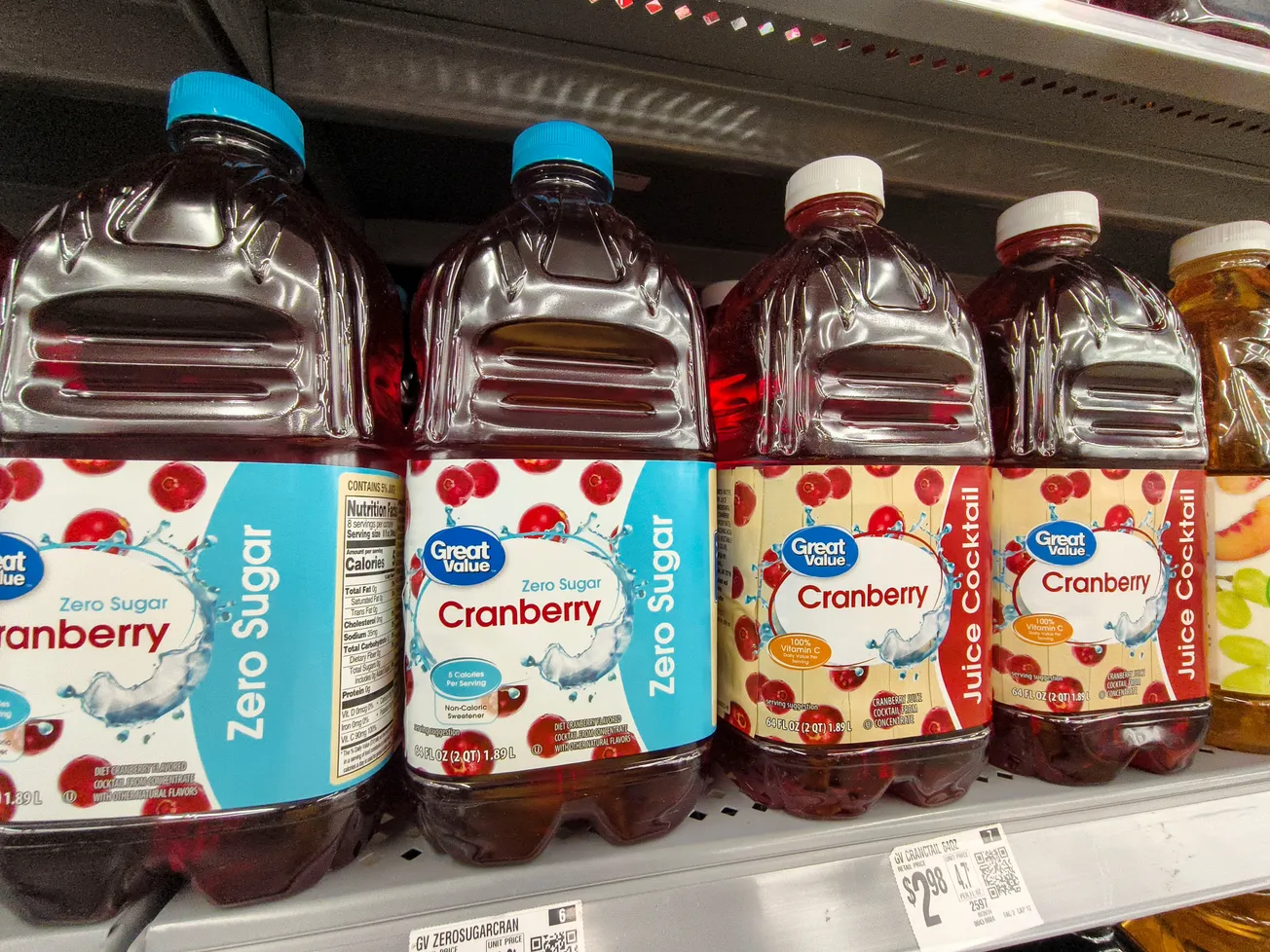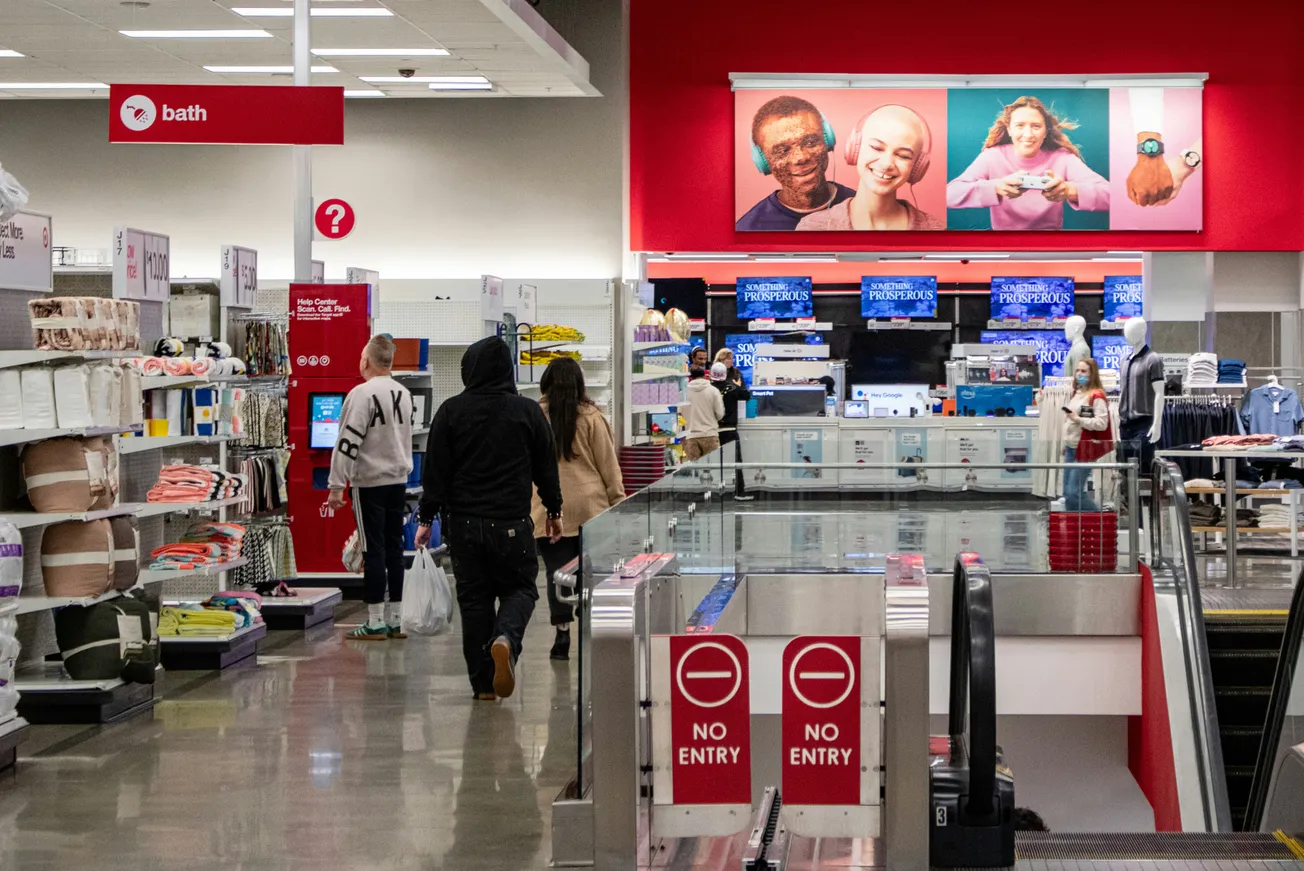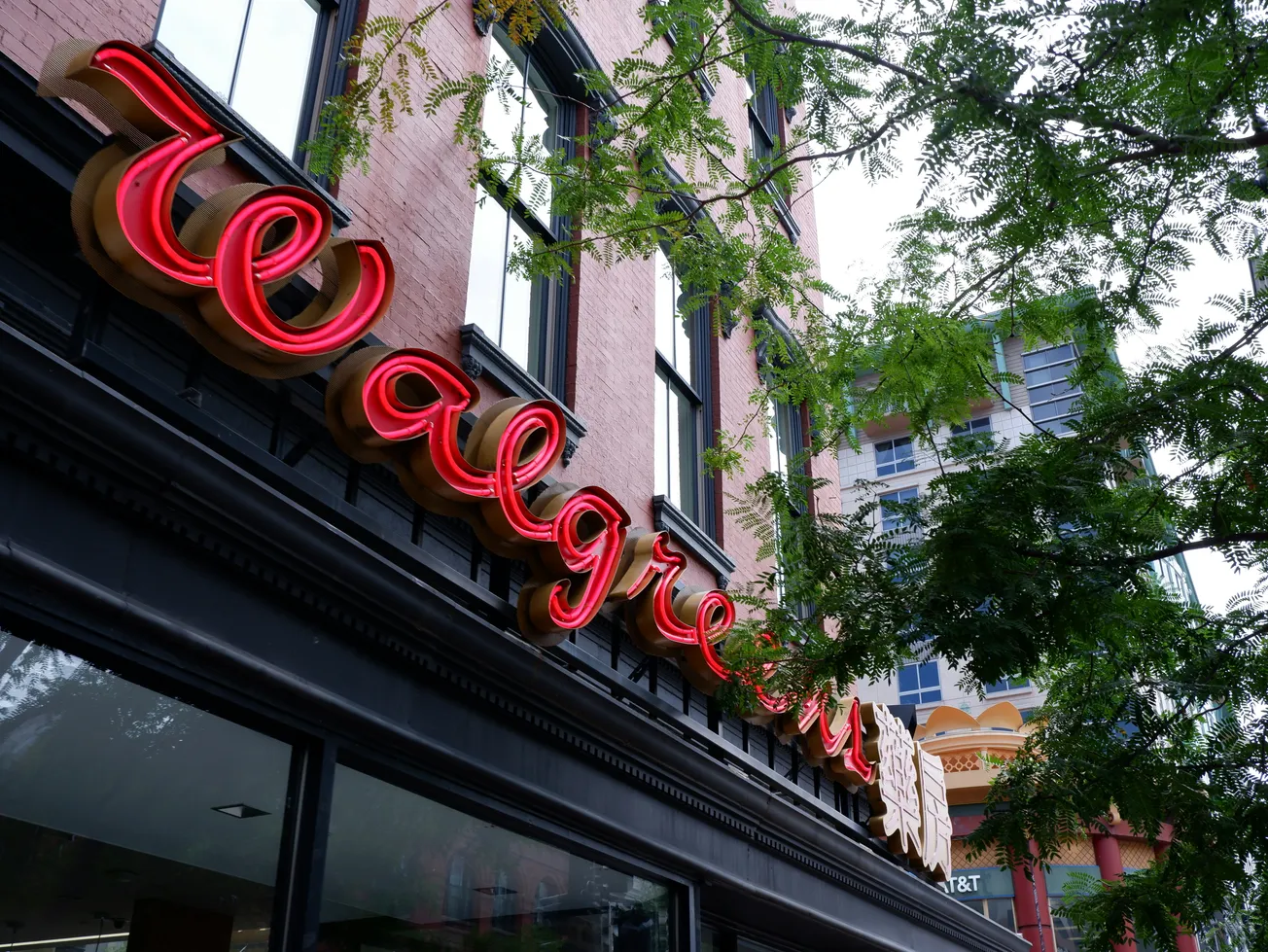Fresh Foods Anchor Shopper Loyalty
In a retail landscape increasingly defined by convenience and value, fresh food quality remains a cornerstone of shopper satisfaction. According to industry analysts, 90% of grocery customers express satisfaction with fresh produce, making it one of the most trusted categories in the grocery experience.
Retailers are doubling down on this preference. Chains like Walmart, Kroger and H-E-B are not only expanding their fresh departments but are also integrating data-driven replenishment systems to reduce spoilage and improve stock availability.
Fresh-focused merchandising does not just drive basket size, but it also cements loyalty in an era when brand-switching is high and digital alternatives are just a tap away.
Premium Private-Label Goes Mainstream
The once budget-centric private-label category has matured into a premium driver of both margins and differentiation. Retailers are launching innovative house brands that rival, and often exceed, national brand quality, particularly in gourmet, organic and lifestyle-specific (gluten-free, keto, etc.) categories.
Examples include:
- Kroger’s Simple Truth line reaching over $3 billion in annual sales.
- Walmart’s Great Value and Sam’s Club’s Member’s Mark lines receiving recipe, packaging and sustainability upgrades.
- Target’s Good & Gather innovating in flavor-forward, clean-label products.
In 2025, private label growth has outpaced national brands in both volume and dollar sales, according to NielsenIQ data. Consumers are increasingly associating store brands with trust, transparency and innovation rather than just savings.
Sustainability as a Competitive Edge
Fresh and private-label strategies are also tightly linked to environmental responsibility, which is a growing purchase driver, according to Food & Wine. Packaging innovation is top of mind, with retailers launching recyclable, compostable and microwaveable containers that balance eco-consciousness with convenience.
Retailers are increasingly sourcing fresh items from local farms and regional suppliers to reduce food miles and align with consumer interest in community impact.
Shoppers are responding positively:
- 74% say they are more likely to shop at a retailer that demonstrates environmental responsibility.
- 61% prioritize recyclable packaging when choosing grocery items.
These trends signal a clear mandate: fresh, private-label and sustainable strategies are no longer siloed. They are symbiotic and central to winning the grocery consumer.
Strategic Takeaways for Retailers
- Elevate fresh food through visual merchandising, seasonal storytelling and quality guarantees.
- Invest in private label R&D to build loyalty and margin; focus on attributes like clean ingredients, convenience and taste.
- Incorporate sustainability into product design, especially for packaging and sourcing, then communicate those efforts clearly in-store and online.
As competition intensifies across omnichannel formats, these foundational strategies offer a defensible position in the minds – and carts – of today’s shopper.










